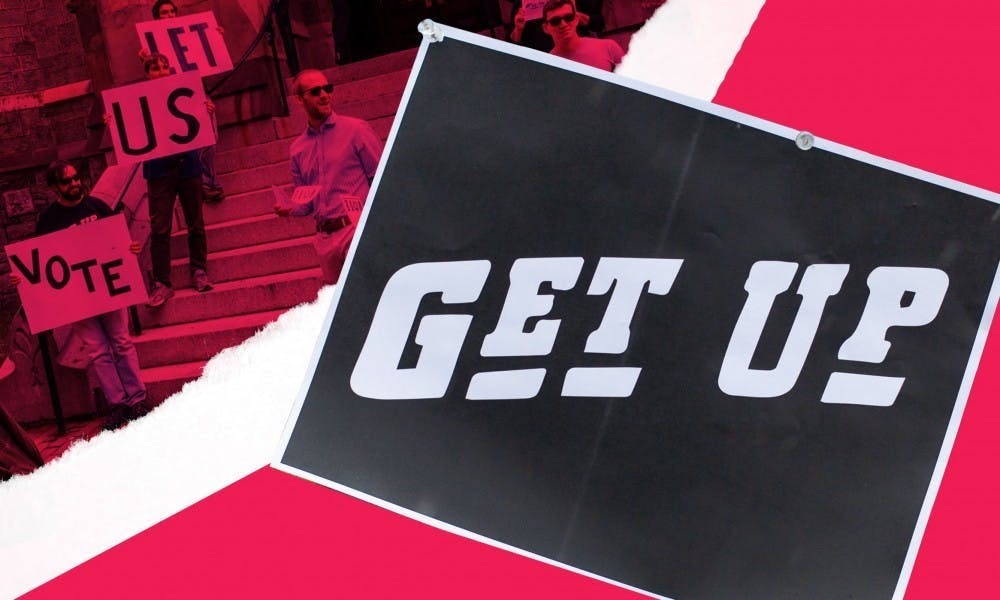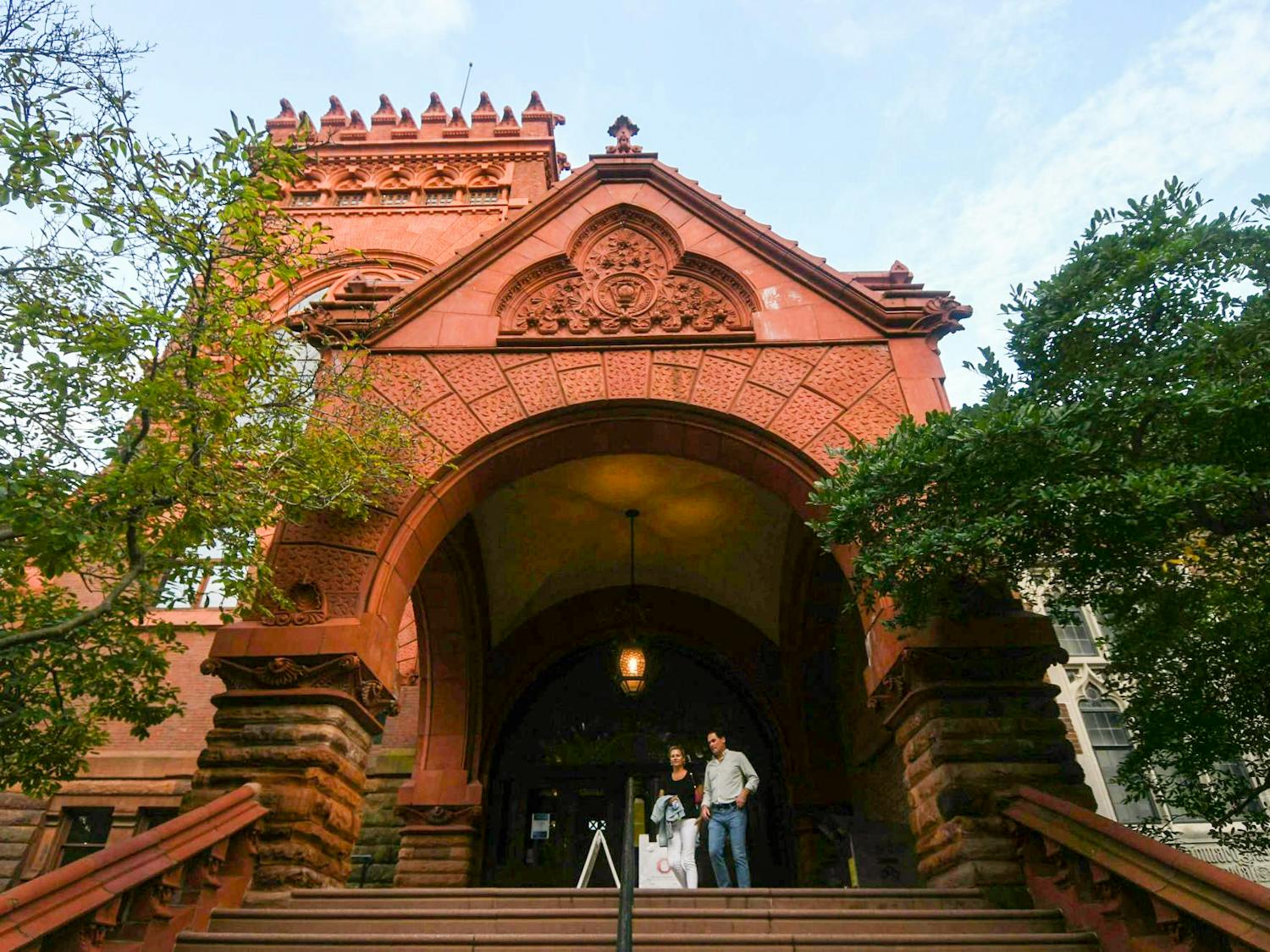Two years after it first petitioned to become a union, the graduate student group Graduate Employees Together – University of Pennsylvania will no longer be allowed to unionize after an anticipated National Labor Relations Board decision.
On Friday, the National Labor Relations Board proposed legislation that would overturn their 2016 ruling that gave graduate student employees at private universities the federal right to unionize. The NLRB justified its proposal by stating that graduate students are “primarily students with a primarily educational, not economic, relationship with their university," according to the Federal Register.
For GET-UP members, the predicted ruling is a set-back for their hopes for unionization. However, they remain hopeful that their efforts to advocate for workplace issues will continue, and Friday's proposed ruling will be overturned in the future.
GET-UP has organized around a number of workplace issues, such as lobbying for increased funding and guaranteed health insurance, even though it has not been a formal union, according to a statement on GET-UP's website. In the 2017-2018 school year, the group successfully improved the Graduate School of Education's sexual harassment policies, with efforts like implementing yearly training for faculty and staff on preventing sexual harassment and violence.
"We’re still going to continue to organize around issues that affect us as workers," said fifth-year Graduate School of Education Ph.D. student Jennifer Phuong, who has been a GET-UP member for several years. "Even if that doesn’t mean an active campaign to establish a union through legal systems, it still means we’re going to try to advocate for ourselves as graduate workers and different types of graduate workers across Penn."
GET-UP leaders wrote in a statement to their members that the conservative board, with members appointed by President Donald Trump, will officialize the proposed legislation outlawing graduate student unions on Sept. 23.
"On Monday, September 23rd the National Labor Relations Board (N.L.R.B.) will rule that graduate students are not workers and therefore are ineligible to form a union," read the email to GET-UP members, dated Sept. 21. "We refuse to let this stymie our efforts to build graduate student worker power at Penn for the simple reason that N.L.R.B. Appointees, like the Presidents who appoint them, do not last forever."
The new NLRB ruling could give universities the upper hand in union negotiations and could reduce the incentive for universities to bargain with union groups, The New York Times reported. The rule will go into effect after a 60-day waiting period, during which the public can give feedback.
RELATED:
Penn graduate students have withdrawn their petition to vote for a union
Penn continues to pay unlawful low wages, security guards and their union say
GET-UP member and second-year political science Ph.D. student Miranda Sklaroff said the ruling gives a chance for graduate unions to make public comments and that GET-UP is working with unions across the country to draft a statement.
Sklaroff added that she thought it was "absurd" the NLRB ruled that grad students are not workers.
"If graduate student workers went on strike on Monday, the university would basically shut down," she said. "We are teachers, we are research assistants, we have a lot of small administrative jobs around campus, and so our labor continues to make the University of Pennsylvania what it is."
GET-UP previously attempted to form a union in March 2017 following the Aug. 2016 NLRB decision that allowed graduate students to unionize. The 2016 ruling was catalyzed by Columbia graduate students’ petition to have their union officially recognized. Many graduate student unions at Penn's peer institutions, such as Harvard University and Columbia University, succeeded in negotiating contracts. In Dec. 2017, the NLRB granted GET-UP the right to hold an election where graduate students could vote on whether they want GET-UP to become their union.
But after earning the right to hold a vote for a union, GET-UP members withdrew their union petitions in 2018. The group thought that their case could go up to the NLRB, which would allow the conservative Trump administration to vote on their case and overrule the previous decision allowing for grad student unionization. Despite their efforts at preventing the NLRB from having the opportunity to rule against their unionization, the proposed NLRB anti-union legislation will be printed into the Federal Register and finalized on Monday.
Even if the proposed legislation becomes final after the comment period, graduate student union groups can still bargain with University officials. In the past, however, Penn has opposed the union formation and has protested GET-UP's legal grounds to unionization.
“As we have stated before, we view our graduate student scholars as students and our future colleagues rather than employees, and believe we can better support them without the intervention of a labor union," Penn spokesperson Stephen MacCarthy wrote in a statement to The Daily Pennsylvanian when the NLRB first allowed GET-UP to vote to become a union.
In advance of the impending ruling, GET-UP issued a statement on their website on Sept. 13 announcing their next meeting and telling students to come join in shaping their next step of organizing without formally forming a union.
"At present, there is no straightforward path to winning a union formally recognized by the NLRB," the statement read. "What we do have is time, and we intend to use it."









